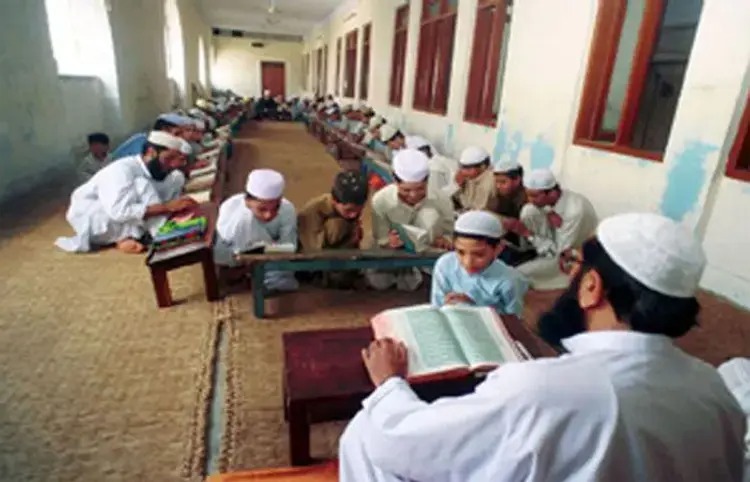
Supreme Court on Madrassa: The Supreme Court has put on hold the National Commission for Protection of Child Rights (NCPCR) recommendation to close madrassas. A bench of Chief Justice DY Chandrachud, Justice JB Pardiwala and Justice Manoj Mishra refused to act on the NCPCR recommendation. Along with this, the Supreme Court has sent notices to all the states and union territories. The hearing will take place again after four weeks.
The Supreme Court has also stayed the UP government's decision to transfer students from unrecognized madrassas to government schools. Notably, the National Commission for Protection of Child Rights (NCPCR) had recommended closure of government-funded and subsidized madrassas for non-compliance with the Right to Education Act.
The National Commission for Protection of Child Rights in its latest report has expressed serious concern over the functioning of madrassas and appealed to the government to stop funding them unless they comply with the Right to Education Act.
What did NCPCR recommend?
The NCPCR recommended removing all non-Muslim children from madrassas and enrolling them in general schools for basic education as per the RTE Act, 2009. The National Commission for Protection of Child Rights said that children of the Muslim community studying in madrassas, whether recognized or unrecognized, should also be admitted to regular schools and given education in the prescribed time and curriculum as per the RTE Act 2009. Should go.
The commission said poor Muslim children are often pressured to receive religious education rather than secular education. NCPCR said that just as rich families get religious and regular education, poor children should also be given this education. We want that equal educational opportunities should be provided to everyone.
Madrasas were not asked to close – NCPCR
Priyank Kanungo, chairman of the National Commission for Protection of Child Rights, said that he had never called for the closure of madrassas, but had recommended a ban on government funding to these institutions because they were depriving poor Muslim children of education. We have recommended enrolling children in general schools instead of madrassas.
 look news india
look news india